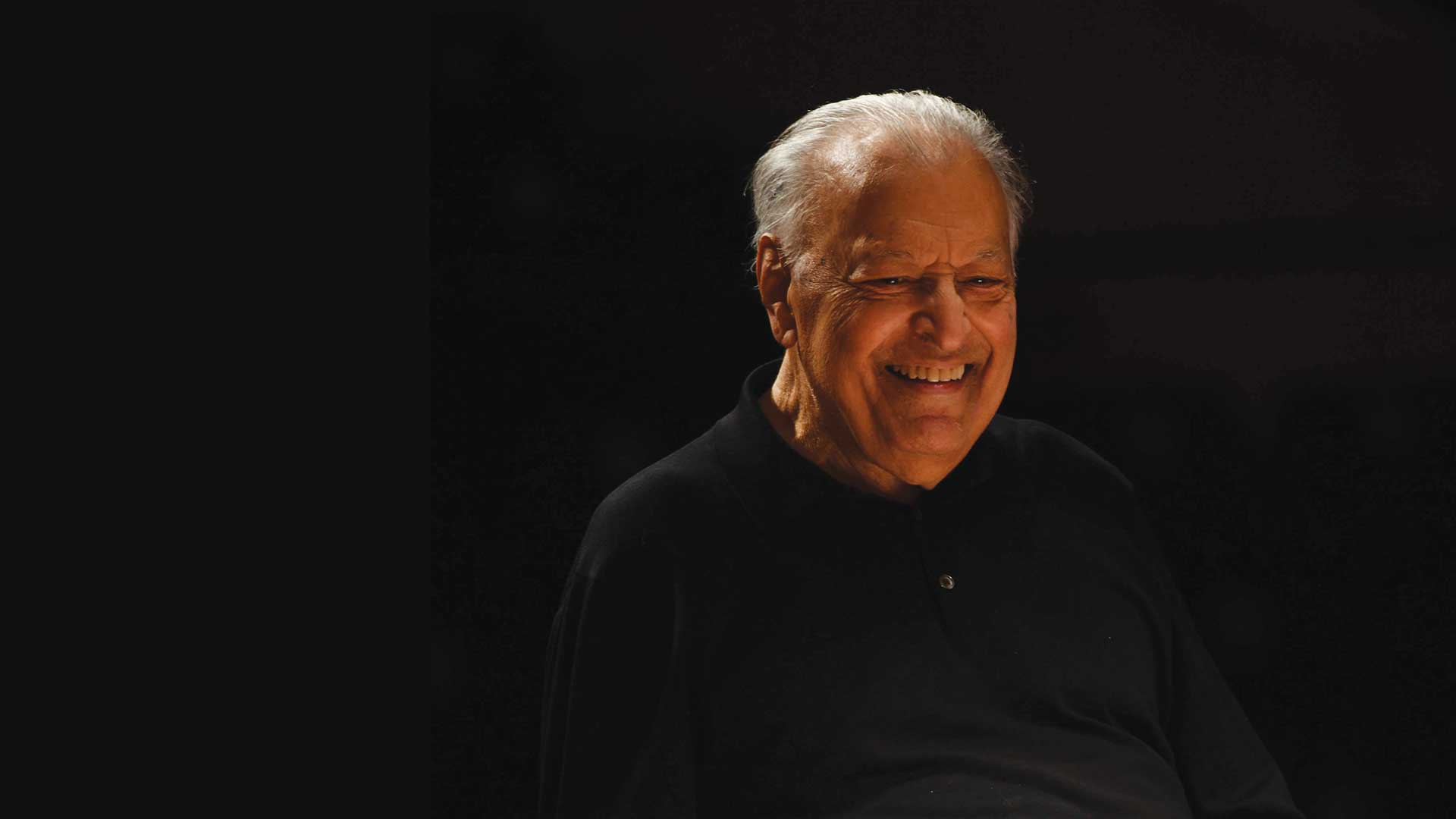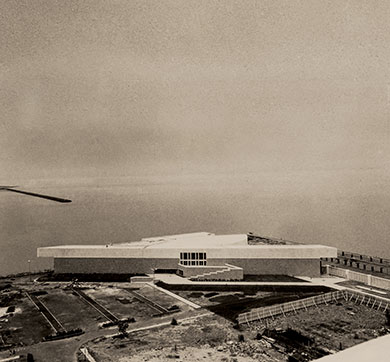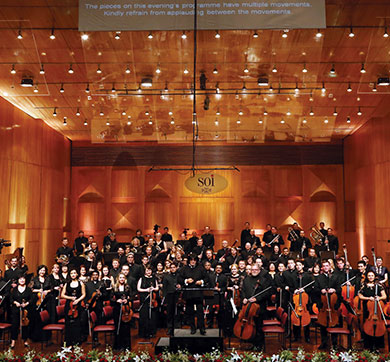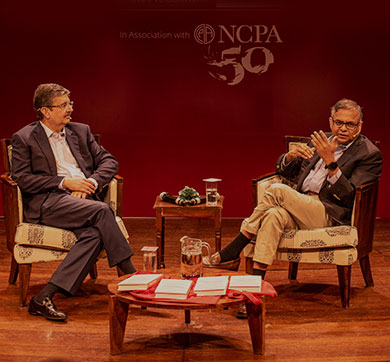June 2024 | 792 words | 3-minute read
In a first, world-renowned conductor Zubin Mehta lifted his baton and conducted the Symphony Orchestra of India (SOI), the country’s first and only professional orchestra, at the NCPA in Mumbai.
The 87-year-old, who has led some of the world’s most prestigious orchestras, was impressed with the quality of SOI’s musicians. The two concerts, held in August 2023, were a sort of homecoming for the maestro who moved to Austria in 1954 to study music, but still calls himself a ‘Bombay boy’.
The shows were organised in association with the Mehli Mehta Music Foundation, a not-for-profit music education school named after the conductor’s father, himself a conductor and violinist.
You are an icon who has inspired many. What does it take to create that kind of excellence?
First of all, it’s my love for what I’m doing. Since my youth, I appreciated, admired and looked up to my father. When he went to America to study immediately after the end of the war [World War II], I continued my love for orchestral playing, and it has not diminished. Every time I step on stage to guest conduct any of the great orchestras, I’m privileged to lead. I know I’m in front of some special musicians; it’s very important for me to know the value of the musicians I am conducting and inspiring. Inspiration is extremely important, and I derive that inspiration from what I’m doing, from the masterpieces I have inherited. Not only myself, but all my colleagues, we have a treasure trove of museum pieces lasting nearly 400 years and we must be the keepers of that museum and cherish it and pass it along.
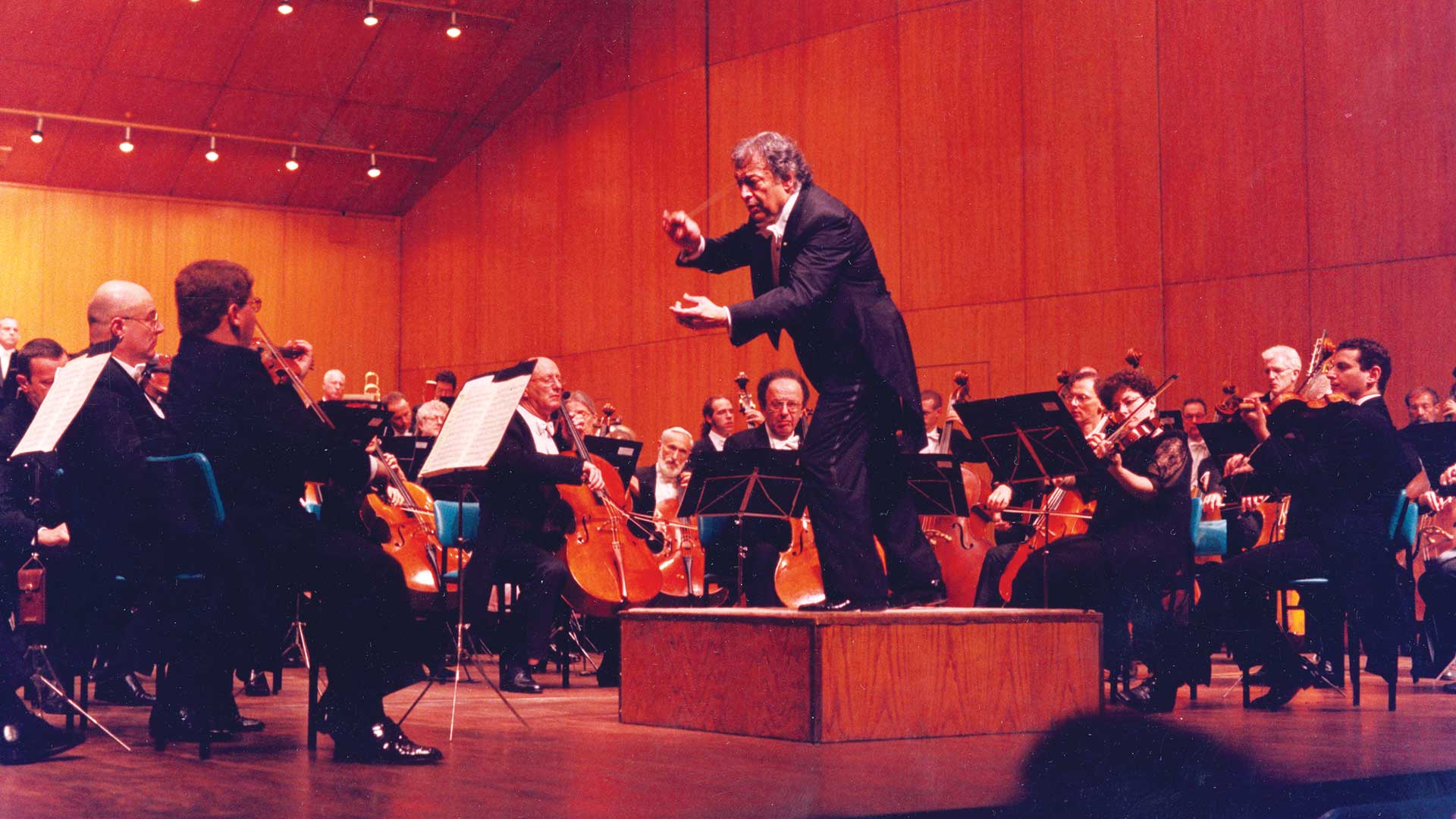
What would be your message to people who are inspired to be like you?
It’s only hard work that brings me where I am today; very hard work all the time. Even when I came here [Mumbai], I didn’t know how this orchestra would respond. They were well prepared already and I enjoyed conducting them from the first rehearsal. They were extremely disciplined and, frankly, that surprised me because I didn’t realise what I was going to be in front of, and I hope I come back.
You first learnt music intuitively and then learnt it formally. Why do you think the mix of intuition and formal learning is so important?
It’s a question of knowledge. You can’t conduct a Mozart symphony without knowing when he did it in his life. You have to read his letters to his father, to his sister, know what he suffered. The same thing with Beethoven; there was little that he really wrote, and Wagner wrote letters all his life. So, one has to have the knowledge of the composer.
You represent the idea of competing on the global stage and being second to none. There are many Indians today who are struggling with that. What would be your advice to them?
I don’t believe in that kind of competition at all. I go on stage and thank God I have these masterpieces to interpret, and I don’t feel a sense of competition at all.
You are the schoolboy who became a musician, the musician who became a conductor, the conductor who became a legend. If you had to give a message to the school children of India, what would that be?
Accumulate as much knowledge as you can and put it into practice. And if you are a performing musician, you have to get the best possible advice. [Did] you know the violin has many different schools? You have the Russian school, the Franco-Belgian school. So a good student must choose what they want to follow. And then assiduousness and force of practising is very important; parents and their influence is also very important.
You lead musicians so beautifully. What does it take to be a good leader?
It’s like being a psychologist; you have to know the musicians. You conduct not only with the hands, but also with the eyes. After I have rehearsed two or three times with the orchestra, I know the eyes of the different soloists. This was a perfect example. It was a new orchestra and I didn’t know them personally at all. I still don’t know them personally, but I know their eyes and their responses, and I have to inspire them to follow me and my direction. And I must say, they did very well. I was very pleased.
The author, Adrian Terron, is Head, Corporate Brand and Marketing, Tata Sons.




